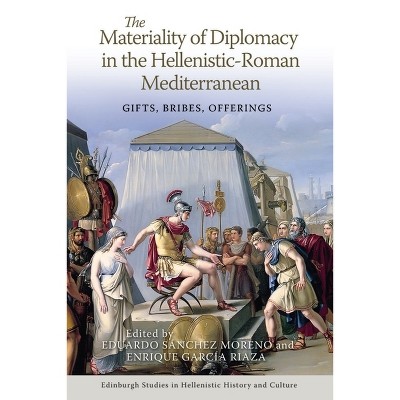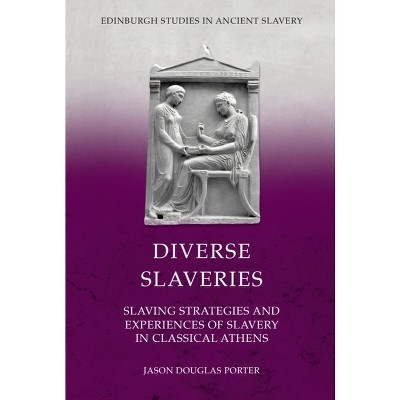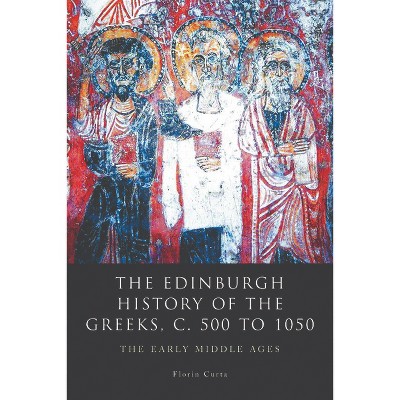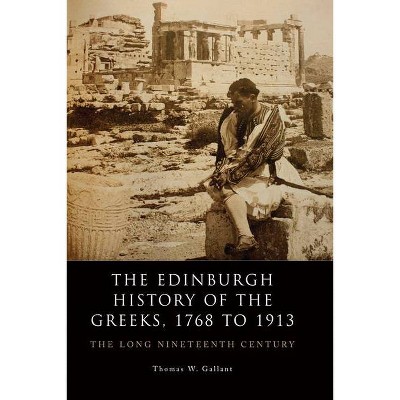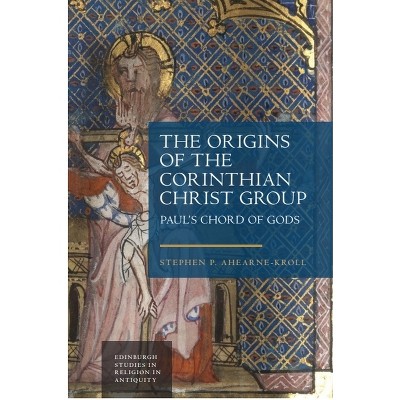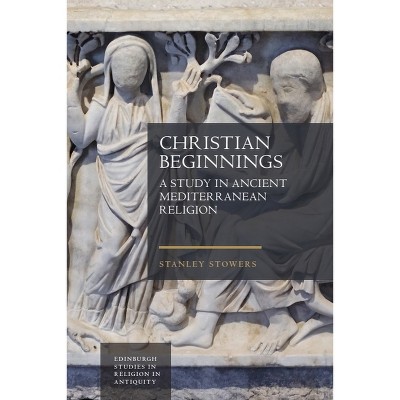Sponsored

Rethinking Hellenistic Historiography - (Edinburgh Studies in Hellenistic History and Culture) by Lisa Irene Hau (Hardcover)
In Stock
Sponsored
About this item
Highlights
- This book offers a new examination of the so-called tragic historiographers Duris and Phylarchus, as well as the 2nd century BCE historiographer Agatharchides, using Polybius as a foil throughout.
- Author(s): Lisa Irene Hau
- 296 Pages
- History, Ancient
- Series Name: Edinburgh Studies in Hellenistic History and Culture
Description
About the Book
Re-evaluates the fragments of Duris, Phylarchus and Agatharchides.Book Synopsis
This book offers a new examination of the so-called tragic historiographers Duris and Phylarchus, as well as the 2nd century BCE historiographer Agatharchides, using Polybius as a foil throughout. Lisa Irene Hau investigates the fragments and discusses the characteristics of each historical work in terms of themes, style and historiographical method. The analysis shows that these three historiographers deliberately wrote a different type of history from Ephorus and Theopompus, aiming to engage the reader sensually and emotionally in the historical narrative. Hau suggests 'immersive historiography' as a more fitting term than 'tragic history', and argues that the purpose of this experiential engagement of the readers was didactic: to teach them what it had been like to live through events of the past.
In the second half of the book, immersive historiography is placed in the context of ancient literary theory, Peripatetic philosophy and Hellenistic poetry and visual art. Applying the theory of immersion to ancient texts and placing these 'tragic' historians in their contemporary cultural context provides a new and innovative way of understanding of Hellenistic historiography.Review Quotes
Lisa Hau re-examines the now-lost works of 'tragic history' (traditionally dismissed as an inferior sub-genre of Hellenistic historiography). In this ground-breaking study, she demonstrates that these historians composed innovative works of immersive history intended to provide an intense emotional connection to the events narrated, revealing them to be not only representative of the zeitgeist of their times, but surprisingly modern in their experiential approach to the past.--Frances Pownall, University of Alberta
In clear and engaging prose, Hau tackles the problematic notion of 'tragic history' among the Hellenistic historians. She reconfigures its characteristic elements as 'immersive historiography', which aimed to teach readers about the human experience as seen through past events. Along the way, she provides thought-provoking connections between historical practice in the ancient world and the twenty-first century.--Christopher Baron, University of Notre Dame






